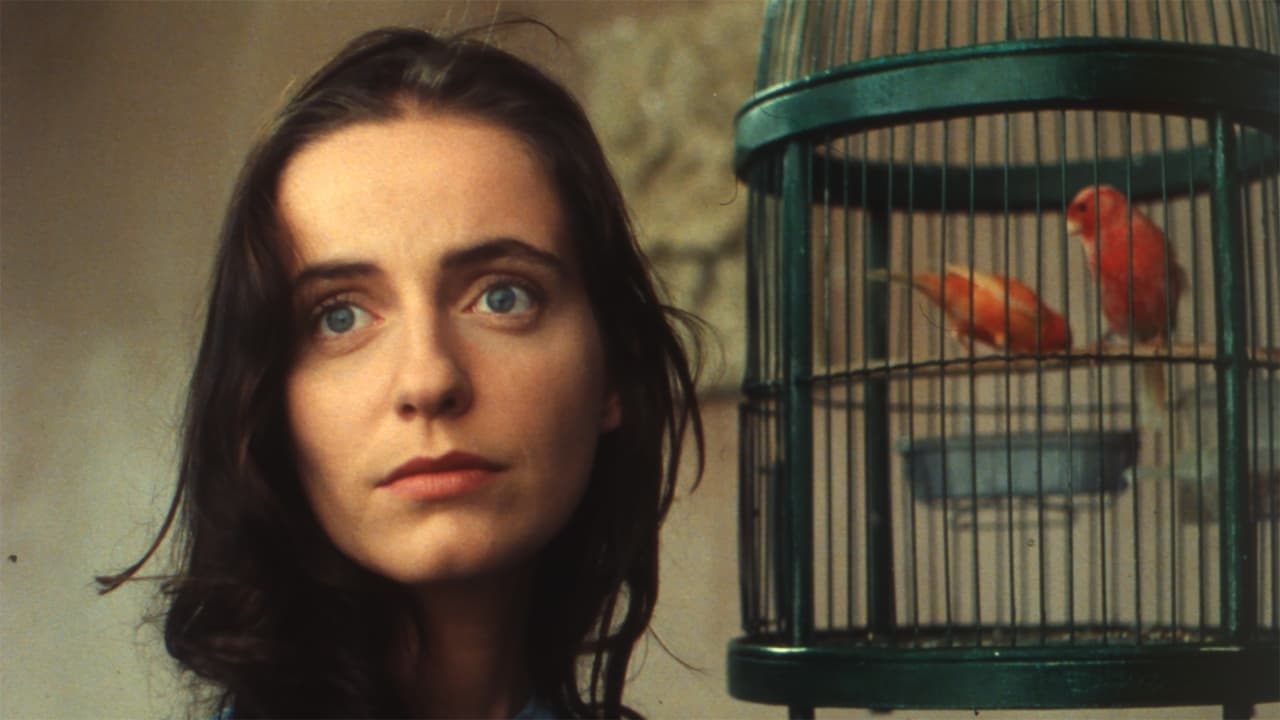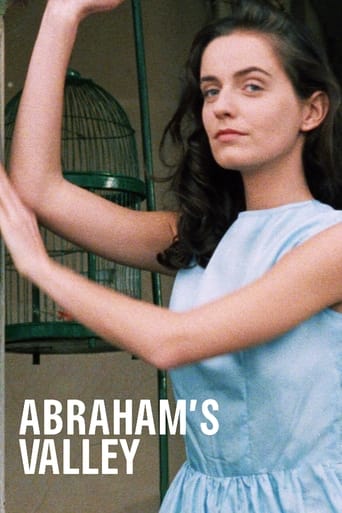

Dreary, dull exhibition of post-modern amoralism. Not a single interesting, likeable, or unlikeable character from top to bottom. Almost watched the whole thing til I realized I could have listened to The Ramones instead.
... View MoreI thought it was Rio Paiva. Definitely not Ribeira Grande. But then I discovered the beauty of Douro connection with Paiva. First of all, this is not a movie. There are no: high budget, jet set, studio tricks, special effects; neither any interest on that subject/form of film-making. Which is good, because it identifies Portuguese history (time and space) trough still images, giving some approach to Portuguese society and its complexity in terms of traditional behavior. This is a good film to fall asleep and then watch it sleeping. The process in which the narrative is constructed is very similar to other great Oliveira's masterpieces. As a film that you can watch sleeping, I do not pretend to make my statement as cynical as some would guess. But, instead of that, I pretend to clearly point this movie as one of the most potential surreal films I've ever watched. The plot makes it own sense if you really want to get involve in its own poetry. This is not a star system production, fortunately. Therefore, "watch it, then argue into the night".
... View More"Abraham's Valley" may be the most extraordinary achievement of Portuguese cinema which confirms that Manoel de Oliveira is among the world's greatest filmmakers capable of creating an unmistakably personal style and sensibility while depicting the human condition. I agree with the first comment which pointed out that one cannot speak of a direct adaptation of Flaubert's novel, but it should also be mentioned that de Oliveira – comparable to Robert Bresson and his film versions of Dostoyevsky's works – conveys the theme into his very own microcosm, and leaves the source material behind while at the same time maintaining key elements of the narrative and the ambivalence of the main character. The rigid and formal aestheticism which de Oliveira had been developing throughout his long career doesn't require camera movements, and stands out due to a brilliant sense for composition that actually seems to owe a lot to the staging techniques of early silent cinema as well as the eclectic rigours of C. T. Dreyer and Straub/Huillet. The few times the camera moves it creates an amazing effect on the viewer, as if de Oliveira were re-inventing the effect.The antique interior decorations and the spellbinding landscape of the Douro valley reshape the overall baroque but vital feel of a film which is constantly guided by an omniscient voice over that funds Flaubert's Emma and the one played by Leonor Silveira. "Abraham Valley" is in my opinion one of the most beautiful and authentic masterpieces of recent decades, but since the critical world doesn't seem to give much credit to Portuguese cinema in general (aside those co-productions which feature international stars) the viewer might be lucky enough to catch this film during a retrospective at a cinematheque.
... View MoreWell the resemblance of the plot with the Flaubert's novel is very superficial after all. This is much more than a story of bourgeois adultery. It's the story of an intelligent and sensitive young woman brought up in the frame of the society of mid-20th century northern Portugal in an atmosphere of bigotry and social stagnation who marries a man she does not love and whose life has no way out. The plot develops itself in old rural mansions under the eyes of a silent witness, the deaf-and-dumb servant Ritinha who sees everything and understands everything without speaking or intervening by any means but forming with Ema the main character, a strong union of love and mutual understanding. The visual images develop themselves in a slow poetic movement which is Oliveira's favourite. The scenery however, is beautifully located in the Portuguese river Douro one of the most beautiful rivers in the world.
... View More